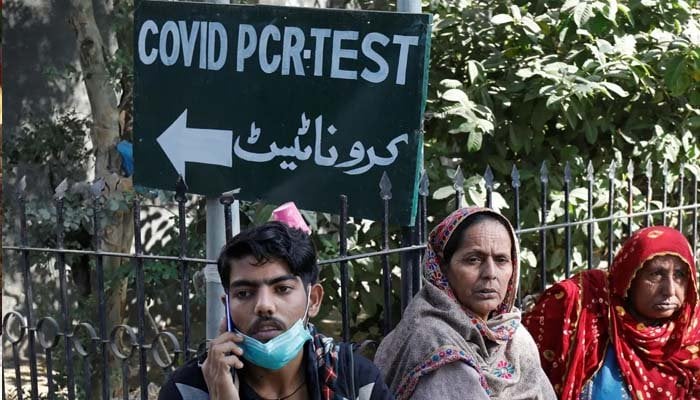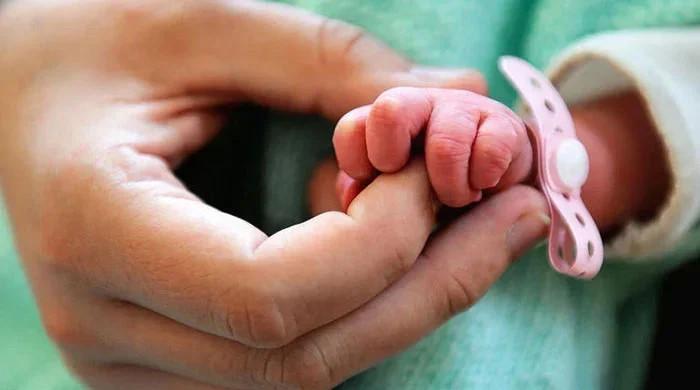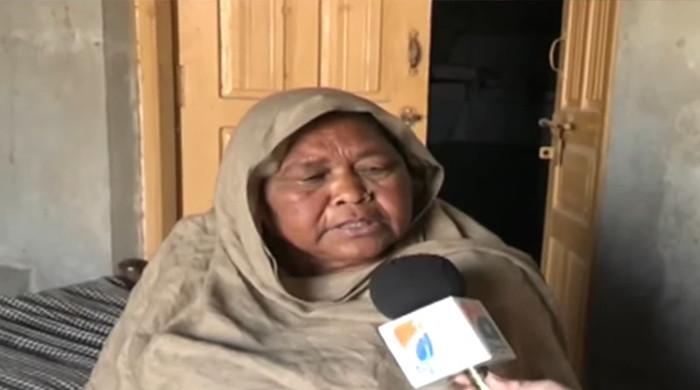Coronavirus: NCOC shortens isolation period to five days
NCOC issues home isolation guidelines for those who test positive for COVID-19, show symptoms or were exposed to infected person
January 24, 2022

The National Command and Operations Centre (NCOC) has officially curtailed the quarantine period for COVID-19 patients — which previously was at least 10 days — to five days.
The NCOC's decision comes nearly a month after the US Centers for Disease Control and Prevention (CDC) shortened the recommended isolation period to five days.
Meanwhile, despite a large number of people getting infected with COVID-19 owing to a serious and widespread Omicron driven outbreak in the country, not everyone can be admitted to healthcare facilities or else it would weigh down the health system of the country.
Limiting interaction with infected persons completely is also "impossible" as per NCOC, which is why it has issued separate guidelines for those who have tested positive, healthcare providers and caretakers of the infected persons, in order to limit the spread of COVID-19 as much is possible.
The guidelines focus on the convenience of people even if they have to quarantine or isolate themselves at home.
What else should people infected with COVID-19 do?
People who have tested positive or are sick with any of these symptoms (cough, shortness of breath, trouble breathing, persistent pain or pressure in chest, bluish lips or face) should:
- Stay home when there is no urgent need to go out, even if you are sick.
- Call your doctor and seek advice.
- Take additional precautions around family members at higher risk, particularly old ones and those having severe underlying health conditions.
- Limit physical contact with others as much as possible; avoid visitors.
- Instead, stay in contact with others through phone or email.
- Keep a distance of two arm’s length (about 6 feet) from others if you have to go out or interact with people.
- Have access to several weeks of medications and supplies at home.
- Eat or be fed in separate rooms.
- Use disposable food service items if possible.
You can view the document for NCOC guidelines here:
What should the caretakers of infected persons do?
- Monitor their own health.
- Keep surfaces disinfected.
- Avoid sharing personal items like dishes, towels, and bedding.
- Use a separate washroom, if possible.
- Wear a mask around the sick person or make them follow the SOP.
- Wear gloves while handling used items used by sick persons and clean hands afterward.
- Wash items handled by sick persons with warm water or disinfect them.
- Take care of your and other household members' emotional health.
Guidelines for people exposed to COVID-19
If people, who were exposed to COVID-19 or have come in contact with someone infected, are unvaccinated or out from the recommended period for their second dose or not yet boosted, they should:
- Quarantine for five days.
- Strictly follow mask use for five more days after discontinuing isolation.
If people exposed to COVID-19 cannot afford to stay in quarantine, they should:
- Wear a well-fitted mask all the time when surrounded by people for 10 days after being exposed to the virus.
People exposed to COVID-19 has received a booster shot, they don't need to quarantine but they should:
- Wear a mask for 10 days after the exposure.
However, best practice for all those exposed would be to get tested for SARS-CoV-2 at day 5 after exposure.
NCOC advises people to strictly adhere to mask-wearing even after they discontinue isolation, regardless of their vaccination status.











